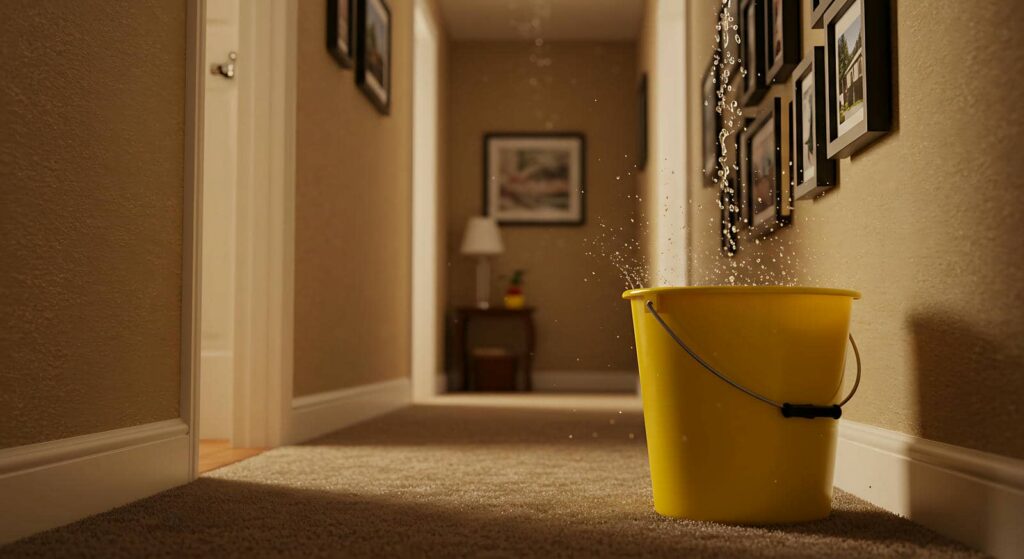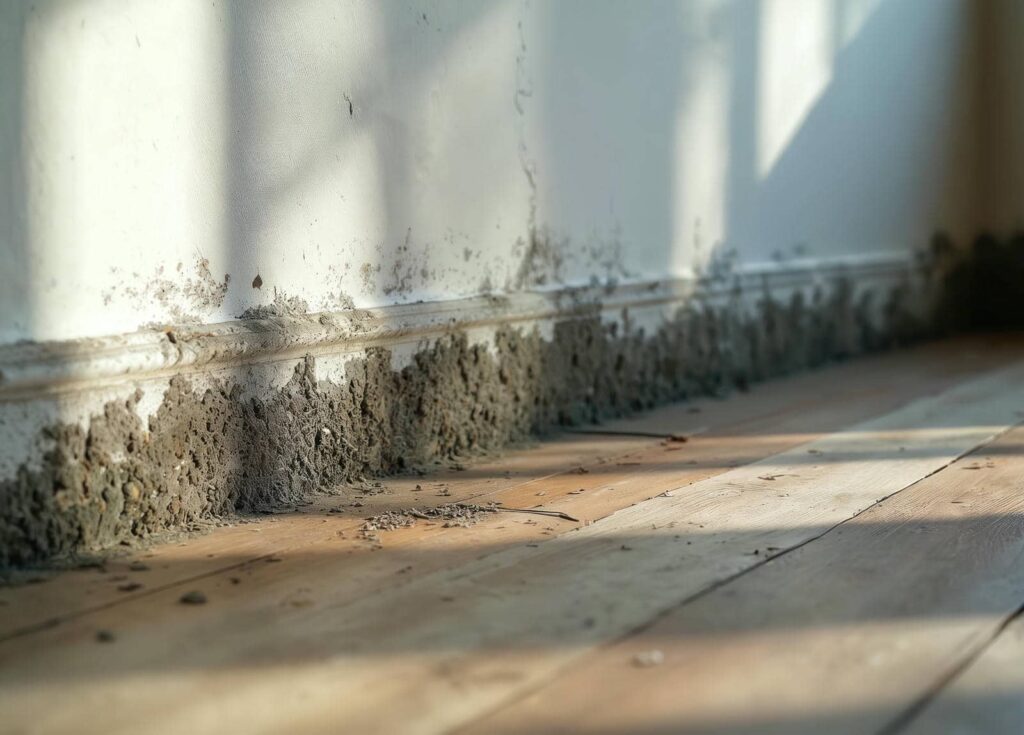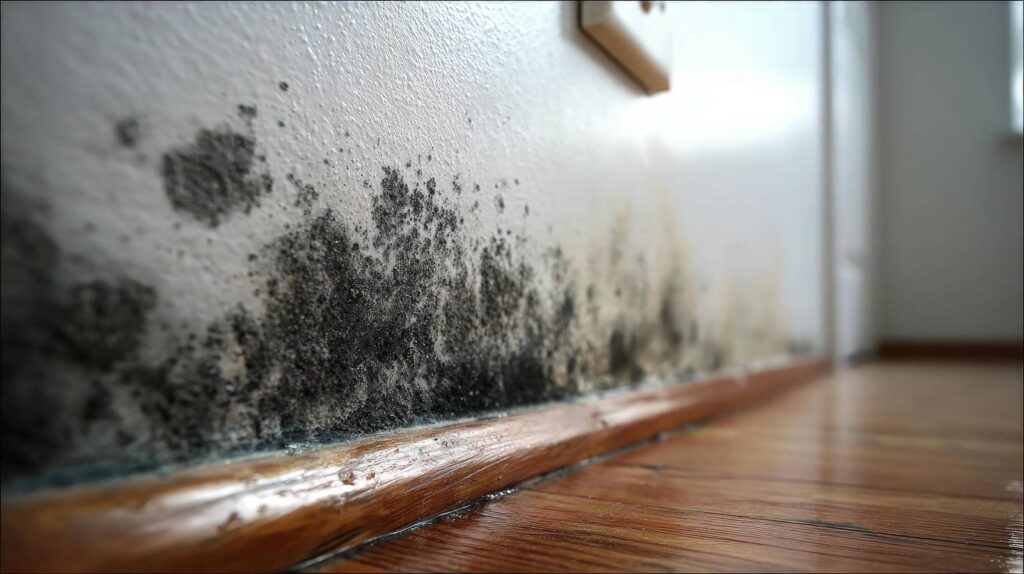Contents
If you’re looking for effective ways to combat pest infestations without resorting to harsh chemicals, consider exploring the world of natural remedies. From essential oils to homemade traps, a variety of options are available to help you keep unwanted visitors at bay. These methods offer a safe and eco-friendly approach and can be surprisingly efficient in addressing different types of pests. So, next time you encounter pesky critters invading your space, remember that nature might just hold the key to a pest-free home.
Essential Oils
Utilizing essential oils can be an effective method for combating pest infestations in your home. Certain essential oils have natural properties that deter pests due to their strong scents and chemical compositions.
For example, peppermint oil is known for its ability to repel spiders, ants, and even mice. The strong, minty aroma hinders the pests’ ability to navigate, causing them to steer clear of areas where the oil is applied.
Lavender oil is another powerful essential oil that can help keep pests at bay. Its calming scent is pleasant to humans but repulsive to insects like mosquitoes, moths, and flies. By using a diffuser to disperse lavender oil in your home, you create an inhospitable environment for these unwanted visitors.
Eucalyptus oil is particularly effective against fleas. Its active compound, eucalyptol, disturbs the fleas’ nervous system, making it an excellent natural alternative to chemical-based flea treatments. Mixing a few drops of eucalyptus oil with water in a spray bottle can be used to treat pet bedding, carpets, and other flea-prone areas.
When using essential oils to combat pest infestations, it’s important to remember that pure, high-quality oils are most effective. Diluting them with water or carrier oils like coconut or almond oil can help spread the scent while ensuring safety for both humans and pets. By incorporating essential oils into your pest control routine, you can create a welcoming, pest-free environment in your home.
Natural Repellents
Natural deterrents play a crucial role in deterring pests from invading your living space. These natural substances disrupt the sensory mechanisms of pests, making your home unappealing to them. One effective natural repellent is peppermint oil. Its strong scent overwhelms pests like ants, spiders, and even mice, driving them away from your home.
Another powerful repellent is vinegar, which deters pests and eliminates their scent trails, preventing them from returning.
Citrus peels, like lemon or orange, contain natural oils that repel insects like mosquitoes and ants. Strategically placing these peels around your home can create an unseen barrier that pests will avoid. Additionally, cedarwood is known for its insect-repelling properties. Cedar blocks or shavings in closets or cabinets can deter moths, cockroaches, and silverfish.
Eucalyptus oil is a potent repellent against flies, mosquitoes, and other flying insects. Mixing a few drops of eucalyptus oil with water in a spray bottle can effectively keep these pests away.
Homemade Traps
Creating homemade traps can be a cost-effective and efficient method for managing pest infestations in your home. Using common household items and following simple DIY instructions, you can create customized traps to target specific pests. These homemade solutions have been proven to be effective in capturing pests and reducing their presence in your living space.
DIY Pest Control
Creating homemade traps for pest control can be an effective and budget-friendly solution to tackling unwanted critters in your home. These traps can help you manage pests without the use of harmful chemicals. Here are some simple yet effective DIY pest control methods you can try:
Jar Trap: Place a small amount of bait at the bottom of a glass jar and line the jar’s neck with petroleum jelly. Pests will climb in for the bait but won’t be able to climb back out due to the slippery surface.
Cardboard Tube Trap: Roll up a piece of cardboard to create a tube and place it where pests are active. The pests will crawl inside seeking shelter, and you can then dispose of the tube with the trapped pests.
Apple Cider Vinegar Fruit Fly Trap: Fill a jar with apple cider vinegar and a drop of dish soap. The scent attracts fruit flies, and the soap breaks the surface tension, causing them to drown.
Sticky Tape Trap: Use double-sided tape or sticky traps near entry points to catch crawling insects like ants, cockroaches, or spiders.
Effective Homemade Solutions
For those seeking effective homemade solutions to combat pest infestations, homemade traps can be a practical and eco-friendly approach. Making your traps allows you to tailor them to the specific pest issue you’re facing.
One popular homemade trap is the vinegar fruit fly trap. Simply fill a jar with apple cider vinegar and cover it with plastic wrap tightly secured with a rubber band. Poke small holes in the plastic wrap. Fruit flies will be attracted to the vinegar and get trapped inside the jar.
Another effective homemade trap is the beer slug trap. Bury a container, like a yogurt cup, in the soil so that the rim is level with the ground. Fill it with beer to attract slugs, which will drown in the liquid.
For rodents, a bucket trap can be made by placing a ramp to a bucket filled with water and bait at the bottom. When the rodent reaches for the bait, it falls into the water.
Homemade traps are cost-effective and can help control pest populations in an environmentally friendly manner.
Vinegar Solutions
Wondering how to combat pest infestations using a natural and cost-effective solution effectively? Vinegar, a common household item, can be a powerful ally in your battle against pests. Its acidic nature makes it a potent tool in repelling and eliminating unwanted intruders. Here are four vinegar solutions to help you tackle pest problems:
Ants: Create a 50/50 mixture of water and white vinegar and spray it along ant trails and entry points. The strong scent hinders their ability to communicate and deters them from returning.
Fruit Flies: Place a small bowl with apple cider vinegar and a few drops of dish soap near where fruit flies gather. The sweet scent attracts them, while the soap disrupts the surface tension of the vinegar, causing them to drown.
Mosquitoes: Mix equal parts water and apple cider vinegar in a spray bottle and apply it to exposed skin or clothing. The strong smell conceals your scent, making it harder for mosquitoes to find you.
Spiders: Combine water, white vinegar, and a few drops of essential oil, such as peppermint or tea tree oil, in a spray bottle. Spritz this solution in areas where spiders frequent to deter them effectively.
Harness the power of vinegar to keep your home pest-free naturally and without harmful chemicals.
Diatomaceous Earth
When using Diatomaceous Earth for pest control, the application methods are vital in maximizing its effectiveness.
It’s essential to apply a thin, even layer in areas where pests are present, focusing on cracks and crevices where insects hide.
Safety precautions such as wearing a mask and gloves should be followed to avoid inhalation and skin irritation when handling Diatomaceous Earth.
Application Methods
Understanding proper application methods is key to effectively applying diatomaceous earth for pest control. Diatomaceous earth is a fine powder made from fossilized algae that can be highly effective in controlling pests such as ants, bed bugs, and cockroaches.
When applying diatomaceous earth, follow these steps to maximize its effectiveness:
Identify Problem Areas: Locate where the pests are most active or where they enter your home to target those areas specifically.
Use a Duster: Apply diatomaceous earth using a duster instead of sprinkling it by hand for more even coverage.
Reapply as Needed: After a few days, reapply the powder, especially after rain or heavy moisture, as it may lose its effectiveness.
Wear Protective Gear: When applying diatomaceous earth, wear a mask to avoid inhaling the fine particles, as they can irritate the respiratory system.
Safety Precautions
How can you ensure the safe use of diatomaceous earth for pest control in your home? When using diatomaceous earth as a natural pest control remedy, it’s essential to prioritize safety measures to protect yourself, your family, and your pets. Diatomaceous earth is a fine powder made from fossilized algae that works by dehydrating insects upon contact.
To ensure safe application, wear a mask to prevent inhalation of the dust particles. When applying diatomaceous earth, use a duster or wear gloves to avoid skin irritation. Keep children and pets away from treated areas until the powder has settled. Remember to apply the diatomaceous earth in thin layers, as a little goes a long way in effectively combating pests.
After application, clean up any excess powder to prevent accidental ingestion. By following these safety precautions, you can effectively harness the power of diatomaceous earth while safeguarding the well-being of your household.
Citrus Peels
Citrus peels, particularly those from oranges and lemons, can be a natural and effective solution for combating pest infestations in your home. These peels contain compounds that are unpleasant to pests, making them an excellent choice for keeping unwanted critters at bay.
Here are some ways you can use citrus peels to tackle pest problems:
Repel Ants: Ants are deterred by the scent of citrus peels. Place orange or lemon peels near entry points or areas where ants are present to keep them away.
Deter Spiders: Spiders dislike the strong smell of citrus. Rubbing citrus peels along baseboards, windowsills, and other spider-prone areas can help deter them from setting up webs in your home.
Keep Mosquitoes Away: Citrus peels can act as a natural mosquito repellent. Boil citrus peels in water, let it cool, and then pour the citrus-infused water into a spray bottle. Spritz this around your home to ward off mosquitoes.
Prevent Cockroach Infestations: Cockroaches are repelled by the scent of citrus peels. Placing citrus peels in areas where cockroaches tend to gather can help discourage them from sticking around.
Review
When it comes to combating pest infestations, natural remedies such as essential oils, vinegar solutions, and diatomaceous earth are powerful allies in the battle against unwanted critters. Just as a gardener tends to their plants, these remedies work tirelessly to protect your home from invaders. By harnessing the power of nature, you can effectively and safely rid your space of pests while maintaining a healthy and environmentally friendly environment.




